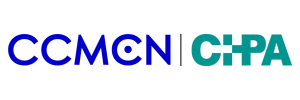October 1, 2020 at 8:00 am
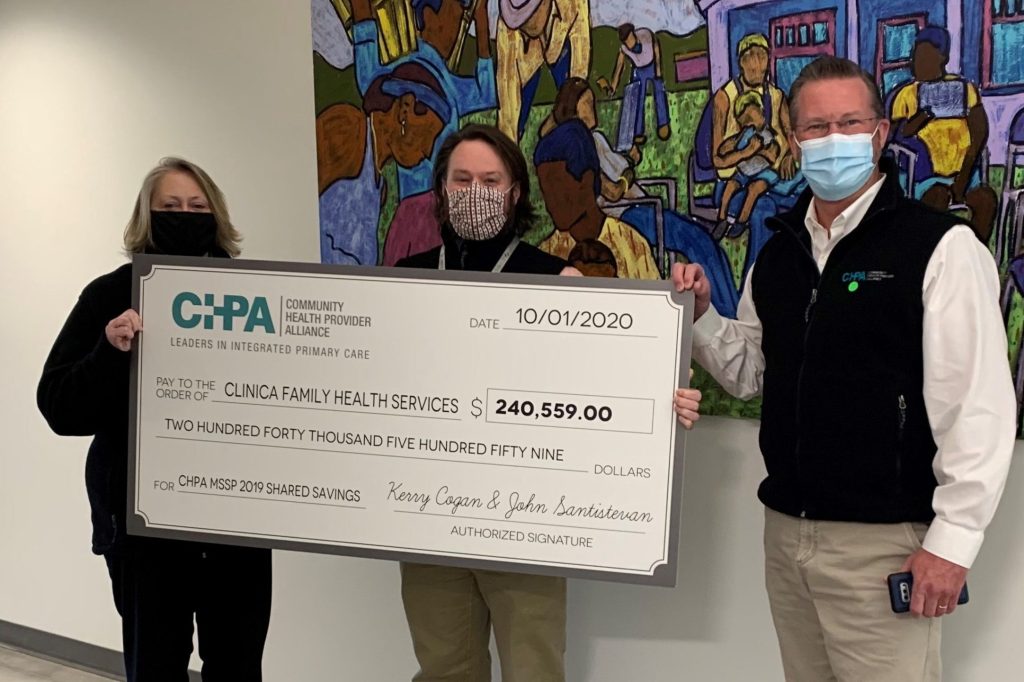
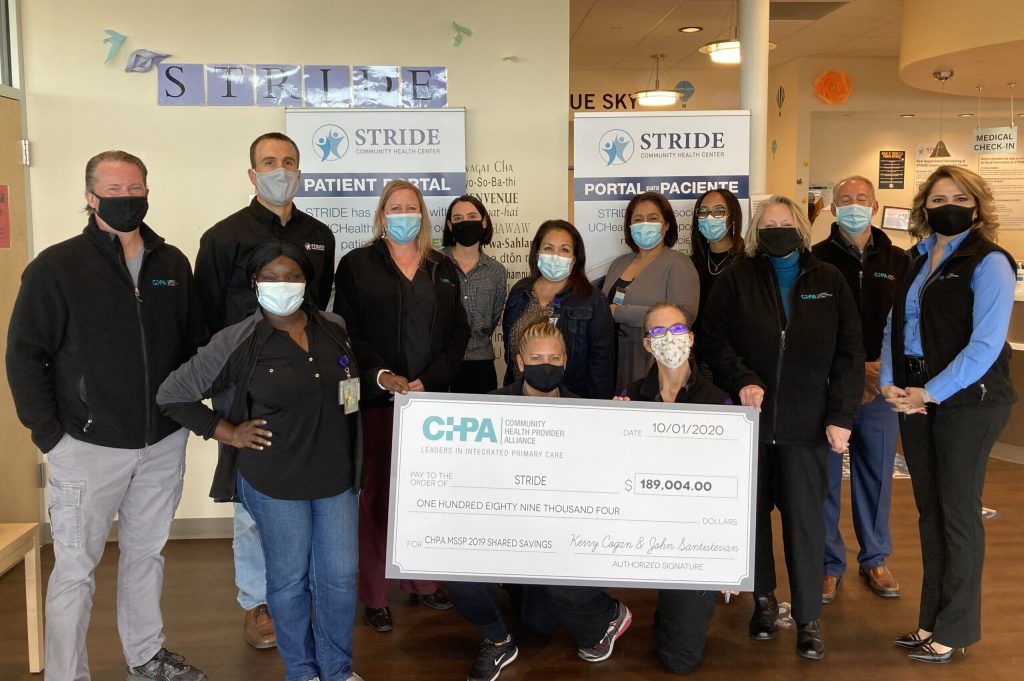
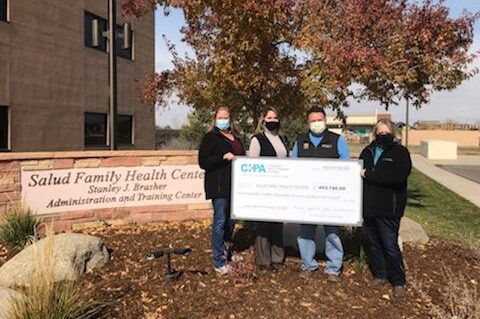
Full press release linked here: CHPA Press Release 10/1/2020
Salud Family Health Center 2019 MSSP Savings CheckSTRIDE CHC 2019 MSSP Savings CheckClinica Family Health 2019 MSSP Savings Check
Denver, Colorado— Community Health Provider Alliance (CHPA) improved care for 15,510 Medicare beneficiaries in the state of Colorado and saved Medicare $7,837,130 by meeting quality and cost goals in 2019, according to recently released performance data from the federal agency that administers Medicare.
The Community Health Provider Alliance (CHPA) earned a quality score of 92.17% percent on performance measures ranging from preventive health checks to use of computerized health records to preventing avoidable hospitalizations, Medicare data show. The $7,837,130 of gross savings to Medicare resulted in a shared savings payment of $3,104,741 of shared savings payments to CHPA, which will be used for future infrastructure and reserves and 60% distributed to the Community Health Center members in the MSSP program.
For example, CHPA providers work to increase the number of Medicare beneficiaries taking advantage of annual wellness visits, including recommended screenings and preventive care. The ACO also focuses on ensuring smooth patient transitions from the hospital to home—or a nursing home if needed. All ACO providers receive detailed information about their performance on quality measures. And clinicians and providers share best practices to coordinate the care beneficiaries receive from different primary care and specialty providers and to prevent health issues and repeat hospitalizations. CHPA Community Health Centers serving Colorado includes:
- Axis Health Systems
- Clinica Family Health Services
- Frontier Health Center
- High Plains Community Health Centers
- Marillac Clinic
- Northwest Colorado Health
- Pueblo Community Health Center
- Sheridan Health Services
- STRIDE Community Health Centers Salud Family Health Centers
- Summit Community Care Clinic
- Sunrise Community Health
- Valley-Wide Health Systems
A market-based solution to fragmented and costly care, accountable care organizations (ACOs) empower local Community Health Centers to work together and take responsibility for improving quality, enhancing patient experience and keeping care affordable. The Medicare Shared Savings Program (MSSP) creates incentives for ACOs to invest in transforming care by allowing them to share in savings they generate after meeting defined quality and cost goals.
In 2019, nationally 475 ACOs caring for 9,754,781 million beneficiaries participated in the MSSP, generating gross savings of $1,844,758,696 billion based on the Centers for Medicare & Medicaid Services methodology for setting financial benchmarks. After accounting for shared savings earned by ACOs in 2019, estimated net Medicare savings were $1,117,881,599 billion.
A fact sheet with more information about MSSP ACOs is available online, along with other resources—What is an ACO?—and the ABCs of ACOs .
Community Health Provider Alliance (CHPA)
Since 2014, CHPA has decreased overall healthcare costs and increased patient satisfaction to our population. As a 501c3, CHPA’s integrated network has 20 FQHCs participating in various payer-specific quality improvement projects in our Medicare, Medicaid, and Commercial ACO. The network of providers includes 630 medical providers and advanced practice providers, 170 behavioral health, and 140 dental providers that operate in more than 140 locations across the state of Colorado. These providers provide care for over 852,000 lives. In total, the Colorado FQHCs provided 2.8 million medical, dental and mental health visits in 2019.
Members of CHPA must agree to work as an accountable care organization (ACO) focused on adopting and implementing best practices to improve the health and well-being for our patients. Our members agree to adopt and adhere to evidence-based clinical guidelines. Providers and clinics are required to actively participate in activities and CHPA initiatives to improve the quality, efficiency, and coordination of patient-care, including:
- Participating in clinical education, care coordination activities and regular clinical and quality improvement meetings
- Reviewing FQHC performance data and testing and demonstrating improvements and progress toward CHPA goals
- Implementing population health management strategies, including the implementation of health information technology to improve systems, care coordination, population management, and risk adjustment
- Adhering to clinical guidelines, as demonstrated by performance on nationally endorsed measures and defined performance targets
